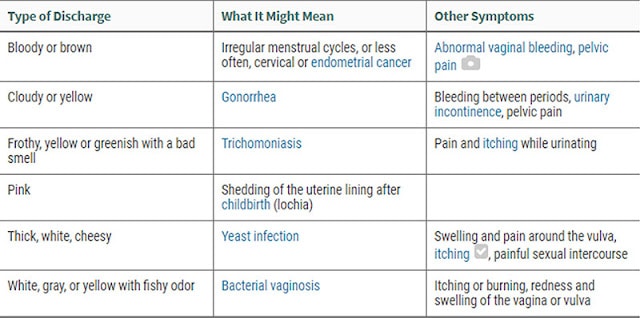When it comes to the female reproductive system, vaginal discharge serves as an important housekeeping function. The glands inside the vagina and cervix made fluids that carry away dead cells and bacteria, thereby keeping the vagina clean and preventing infection.
Advertisement
Most of the time, it is perfectly normal to have a vaginal discharge. Depending on the time of your menstrual cycle, the amount of discharge can vary as well as the odor and color (which can range from clear to a milky white-ish).
For instance, more discharge can be observed when you are breastfeeding, ovulating, or sexually aroused. It may smell different when you’re pregnant or you’ve been letting your personal hygiene slide.
None of those changes is cause for alarm. Yet, if the smell, color, or consistency seems quite different than usual, more specifically if you also have vaginal burning or itching, then you might possibly be dealing with an infection or other condition.
What Causes Abnormal Discharge?
Any change in the vagina’s balance of normal bacteria can affect the smell, color, or discharge texture. These are a few of the things that can upset that balance:
- Cervical cancer
- Diabetes
- Antibiotic or steroid use
- Yeast infections
- Chlamydia or gonorrhea (STDs), sexually transmitted infections
- Bacterial vaginosis, a bacterial infection more common in pregnant women or women who have multiple sexual partners
- Douches, bubble bath, scented soaps or lotions
- Birth control pills
- Pelvic inflammatory disease (PID)
- Pelvic infection after surgery
- Trichomoniasis, a parasitic infection typically contracted and caused by having unprotected sex
- Vaginitis, irritation in or around the vagina
- Vaginal atrophy, the thinning and drying out of the vaginal walls during menopause
See the chart below to learn more about what a particular type of discharge might mean.
Types Of Abnormal Discharge And Their Possible Causes
Advertisement
Here are some tips for preventing vaginal infections that can lead to abnormal discharge:
- Wear 100% cotton underpants, and avoid overly tight clothing.
- Keep the vagina clean by washing regularly with a gentle, mild soap and warm water.
- After going to the bathroom, always wipe from front to back to prevent bacteria from getting into the vagina and causing an infection.
- Avoid using scented soaps and feminine products or douche as well as feminine sprays and bubble baths.










